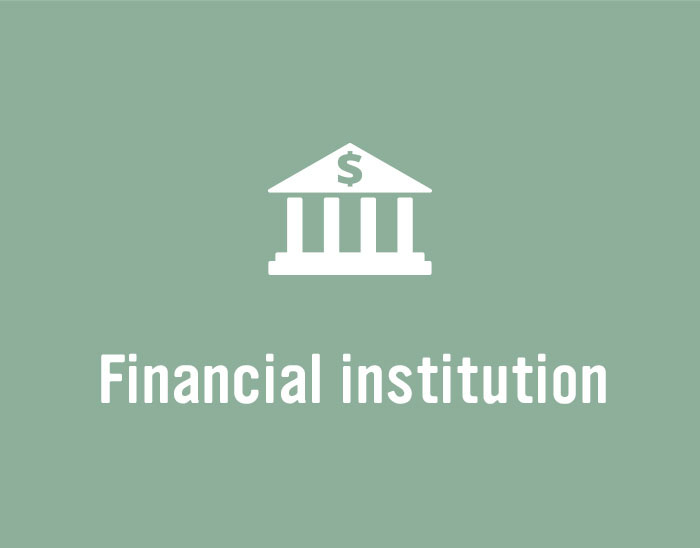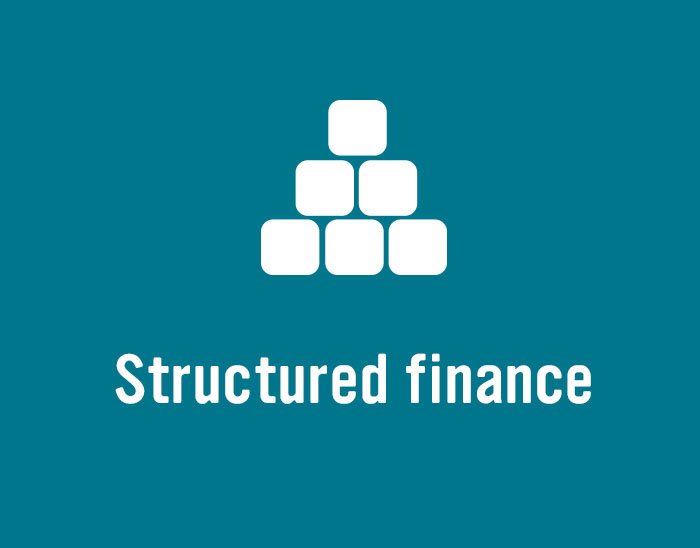Latest News
Kiwibank is the first New Zealand issuer to price an additional tier-one deal under the Reserve Bank of New Zealand’s new bank-capital definitions. The transaction was popular with retail buyers – nearly three times oversubscribed – as the domestic market continues to rally.
The Reserve Bank of New Zealand aims to introduce a climate change scenario-based industry stress test by 2023 as part of its focus on the risk climate change poses to financial stability. It also says it is paying close attention to global moves to incentivise lending to environmental transition through the banking sector regulatory regime.
In October 2020, the EU embarked on a massively enhanced funding programme – immediately making it a major borrower on the international stage following a relatively quiet decade. But COVID-19 response funding was only the beginning of the EU’s medium-term debt-market plans, and it is now setting up to be a significant issuer for the foreseeable future with ramifications well beyond the Eurozone.
Market participants have grown accustomed to European leadership in global sustainable finance. However, the Asia-Pacific region’s critical role in driving climate transition also continues to grow. As a responsible international market participant, Bank of China has been supporting the sustainable development of the global economy via several market-leading green projects and DCM financings.
On 26 October, GPT Wholesale Office Fund No. 1, an entity of GPT Funds Management (A- by S&P), launched an Australian dollar denominated, 10-year, benchmark, green-bond deal. The transaction is being marketed at 140 basis points area over semi-quarterly swap and is expected to price on the day of launch. ANZ and Westpac Institutional Bank are joint lead managers and green-bond coordinators.










